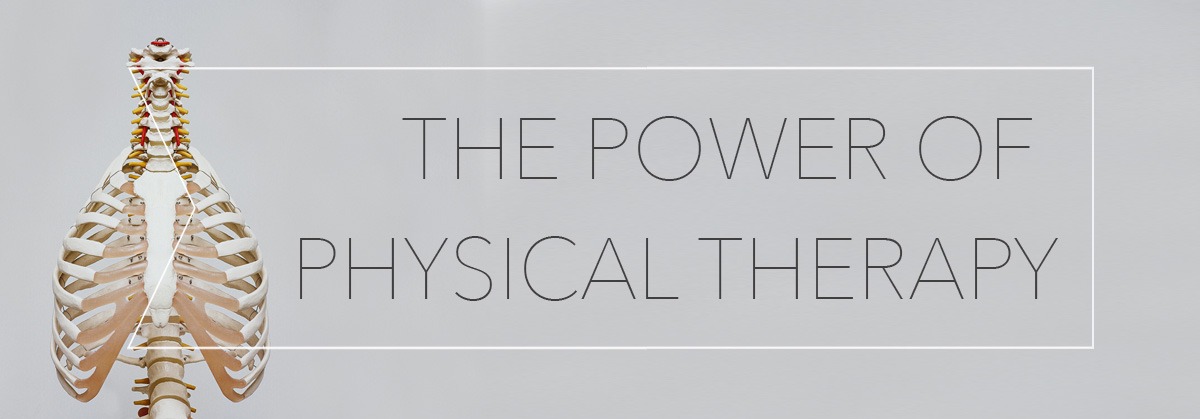Get in touch with the benefits of physical therapy & physiotherapy
Most of us are familiar with that feeling of post-massage bliss: your mind is clear, your body is relaxed and you’re feeling ready to take on the world. An occasional sports massage leaves you feeling great, but regular massage can do so much more. The work your therapist does each session builds on itself, helping your body maintain its relaxed state and your muscles remain loose – even during times of physical and mental stress.
Firstly… what does Massage entail?
Massage is a general term for pressing, rubbing and manipulating your skin, muscles, tendons and ligaments with the hands. There are many different types of massage, which can range from light stroking or kneading to deep pressure. Regardless of technique, regular massage therapy can improve your quality of life. In order to comprehend the many benefits, we have broken them down into three fundamental areas of health and well- being: live better, get physical, and boost immunity.
Live Better
Stress is universal, and it’s not always bad. When you lunge to catch a falling glass, feel especially energetic before an important meeting, or swerve in time to avoid a car accident, stress is doing its job. The adrenaline and cortisol released during moments of stress boost your heart rate and blood sugar while diverting energy away from your digestive system and immune responses. These prehistoric reactions are part of human survival. However, when there’s never any relief from stress, the sustained response leaves the body with a wide-ranging host of problems. It can trigger negative mood, behavioural and body changes, resulting in physical symptoms including headaches, upset stomach, elevated blood pressure, chest pain, insomnia, anger, drug and alcohol abuse, and depression – to name a few. Massage and physio triggers a host of brain chemistry responses that can result in lasting feelings of relaxation, lowered stress, mental alertness and improved mood. During a massage, your body increases its production of endorphins, your body’s natural “feel good” chemicals. Serotonin and dopamine are released, and the resulting feeling of calm relaxation can make chronic or habitual stress, as well as acute or short-term stress, much easier to overcome. Massage also decreases the stress hormones cortisol and adrenaline, allowing your body to enter a relaxing rest-and-recovery mode. This immediate stress relief can improve your vitality and state of mind, and massage also improves your overall health profile by keeping stress hormones at bay over the long-term. Managing your stress is a key factor in addressing a host of health issues. For example, it’s a natural way to manage high blood pressure. Long-term studies have shown that a consistent massage program can decrease diastolic and systolic blood pressure, decrease cortisol stress-hormone levels, and lower sources for depression, anxiety and hostility. Low blood pressure can contribute to lowering the odds of having a heart attack, kidney failure, or a stroke. As another example, while massage does not treat cancer, specialized oncology massage has been shown to be beneficial. Scientific studies have shown that massage relieves stress, anxiety and depression in cancer patients, as well as improves their sleep. Pain and nausea associated with cancer and cancer treatments, like chemotherapy and radiation, were also reduced by massage therapy. Immune function, critical to fighting infections and maintaining chemotherapy schedules, were also boosted through regular massage sessions.
More information & links:
Improve Posture & Breathing
The most common reason for absence from work (and for clients visiting our physio clinic) in the UK is musculoskeletal problems, including back pain, followed closely by stress. And the number one culprit for sore necks and backs is poor posture. When you hunch forward while sitting at a desk, driving a car, or looking at your phone, your body is not properly aligned. Poor posture might look bad – but that’s the least of your problems when it comes to this issue! Hunching forward forces some muscles to work incredibly hard all day long, while others get weaker and ‘shorter.’ Massage can relieve pain and loosen tight muscles made sore by bad alignment, allowing your body to position itself in its natural and pain-free posture. One of the telltale signs of anxiety and stress is constricted shallow breathing. Sports Massage plays an important role in training the body on how to relax and improve breathing. Respiratory issues, such as allergies, sinus problems, asthma and bronchitis, can all benefit from massage therapy. Improved posture through massage also indirectly improves deep breathing by allowing better lung and rib cage expansion. Plus, when the parasympathetic nervous system responds to massage, your breathing rate slows and becomes deep and regular. In addition, massage therapy has always been a cornerstone of treatment for musculoskeletal and neuromuscular conditions, post-operative recovery and sports injuries. It not only improves circulation to the injured area, bringing with it essential oxygen and nutrients for repair and healing, it also flushes out toxins in the muscle that builds up following injury. When treating an injury, massage therapy is essential in reducing pain, scar tissue and adhesions, and it also stretches soft tissue structures to recover flexibility. But don’t wait for an injury to get a massage! Regular massage can be used by anybody who participates in an exercise programme to improve athletic performance, speed-up post-exercise recovery, improve conditioning, maintain peak performance, and possibly even prevent injury. Muscle injuries are more common now than they were 50 years ago. That’s not because we’re exercising harder – it’s because we’re more sedentary. What’s worse, as we age our joints tend to tighten, making a range of motion and flexibility even more restricted. Massage therapy is a beneficial treatment for maintaining and improving flexibility and motion. By working on muscles, connective tissues, tendons, ligaments, and joints, regular massage can improve your flexibility and range of motion, keeping your joints more fluid and making them less injury-prone.
